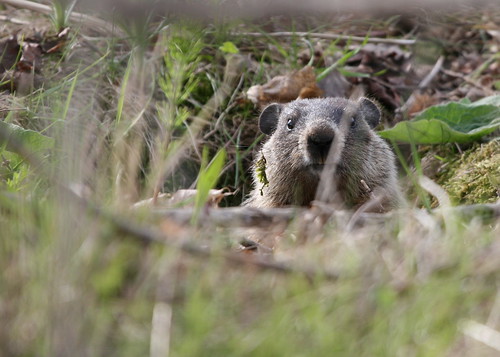Jon Stewart, who happens to be the most popular late night host, drops F-bombs on his TV show nightly. It gets beeped out of course, but the audience loves it and he's very good at it. Lots of people use expletives regularly when speaking. Doesn't that mean they should also be appearing in your books?
Four Little Letters
Gone With the Wind was controversial because it contained the word "damn." When the movie was made in 1939, "damn" was taken out of the script. Clark Gable insisted upon using the original dialogue, so the word made it into the film. Hollywood, and authors, have been pushing the envelope on what's considered acceptable in language ever since. I guess we have Margaret Mitchell to blame for our loss of literary innocence.
Or from another point of view, we have her to thank. Writing with expletives is so widely-done now, many people don't even think about it while they're reading those words. But others do notice, and that's why you always have to think about it when you're using them in your books.























